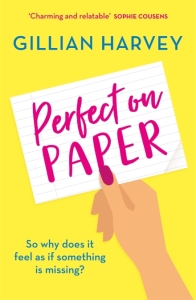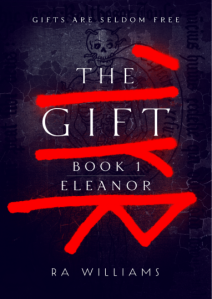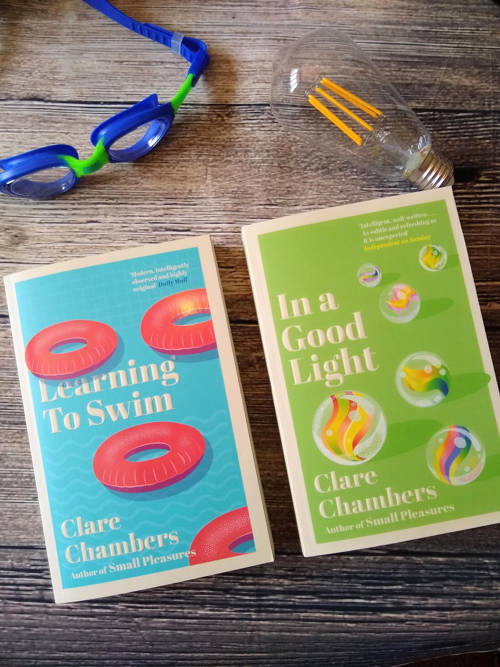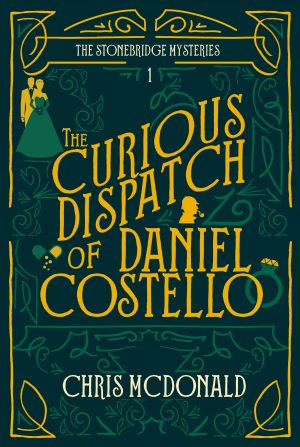I just adore divorce narratives. I don’t know why; because I’m in a very happy and healthy monogamous marriage. I think I find them fascinating because it’s this critical point in a person’s life where they realise that either they have been lying to themselves; they’ve been lying to someone else, or someone else has been lying to them. And in particular with heterosexual divorce, it usually represents one or both parties acknowledging that the nuclear family is a lie. And when you start prodding holes in the unit of the nuclear family, you start poking and prodding holes in the fabric of western society too. When I finished both the first book, and then the trilogy, it was as though Rachel Cusk had managed to fold content and form in on itself, and I was impressed, and amazed and heartened by her having achieved such a great artistic feat.
The Harry Potter series by J. K Rowling
The divine Bri Lee is an author I’ve been lucky enough to have interviewed twice in person at Gertrude & Alice, and am always amazed by how smart, razor sharp and eloquent she is. I’ve read – and loved – all three of her books: Eggshell Skull, Beauty and Who Gets to Be Smart, and was thus delighted when she agreed to take part in my Desert Island Books series. From her all-time favourite classic, to the book that made Bri want to write; here are the eight books the beloved Australian author would take with her to the sandy shores of a desert island.
A question I often get asked is if there’s been a particular book that’s been the most influential on me, or if there’s a book that made me want to write. When the Harry Potter books were coming out, I was the perfect age to be absolutely swept up in them, and I remember that for the vast majority of my young life, I cannot remember a time when I wasn’t waiting for the next instalment. There were big life lessons in the books that made me learn about the kind of person I wanted to be, and about courage and friendship. Several years ago I listened to the audiobooks read by Stephen Fry, which was an absolute delight too. I do also want to acknowledge – because I think it’s important – that the memories I have, and how meaningful those stories were to me make it all the more disappointing to think of how people in the trans community would feel about some of JK Rowling’s comments.
The Outline trilogy by Rachel Cusk
I cite this a lot in Who Gets to Be Smart, and aside from it being important – that word that always gets used about non-fiction that is important – it’s just also a brilliant book. Her digging into the overlap between white supremacy and educational institutions and conservative politics is phenomenal. She’s a science writer and she sets out her arguments very clearly, and very compellingly, and as well as it teaching me a lot about this really critical information, it’s also just a masterclass in narrative non-fcition.
Oscar Wilde is so good. When you read quotes by him; it’s like they could have been spoken yesterday. My love for The Picture of Dorian Gray was reinvigorated when I saw it on stage in Sydney, and it really made me fall back in love with the book. When I re-read it, I was really struck by how technicoloured it is, and how it captures both the best and worst bits of life, the goodness and terribleness of humans, and the beauty and depravity of it all. It’s also such a good example of a book which I often forget is magical realism, and I think it’s a sign of incredible magical realism, when you don’t even think of a book as magical realism, because the world building is so consistent and believable.
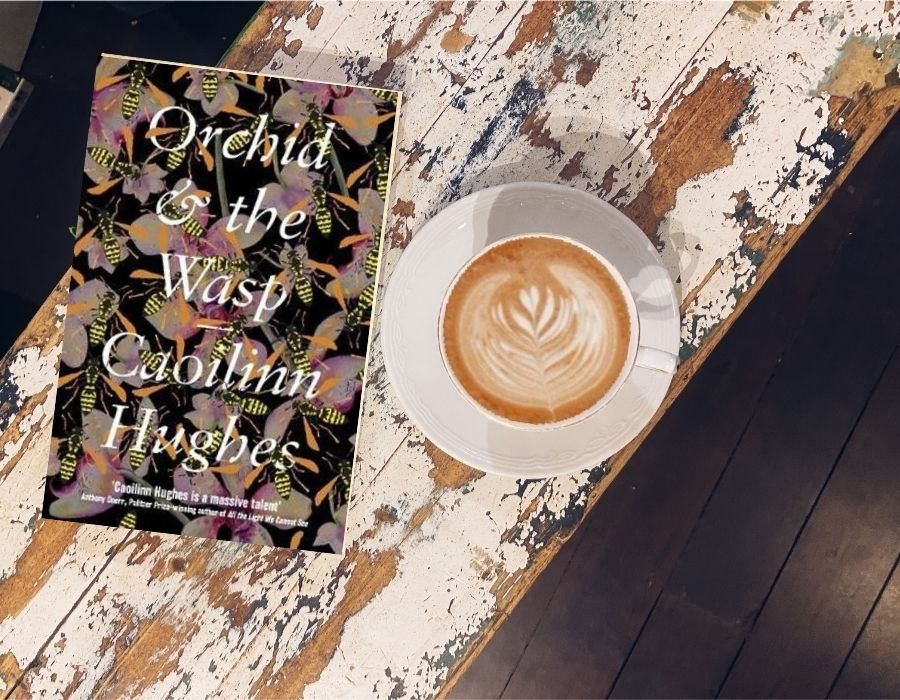
The Secret History by Donna Tartt
Buy No Friend but the Mountain from Bookshop.org, Book Depository or Waterstones.
Buy Orchid & the Wasp from Book Depository or Waterstones.
Superior by Angela Saini
Buy Superior from Bookshop.org, Book Depository or Waterstones.
I’m such a huge fan of Caoilinn Hughes; anyone who follows me would be sick of me talking about how amazing she is. It’s a book that follows a protagonist called Gail over a number of years, and it so perfectly encapsulates this neo-liberal condition of drive, and it has a slightly unusual form that completely works. The author has such an incredible way with words, and she creates the most extraordinarily compelling characters.
Orchid & the Wasp by Caoilinn Hughes
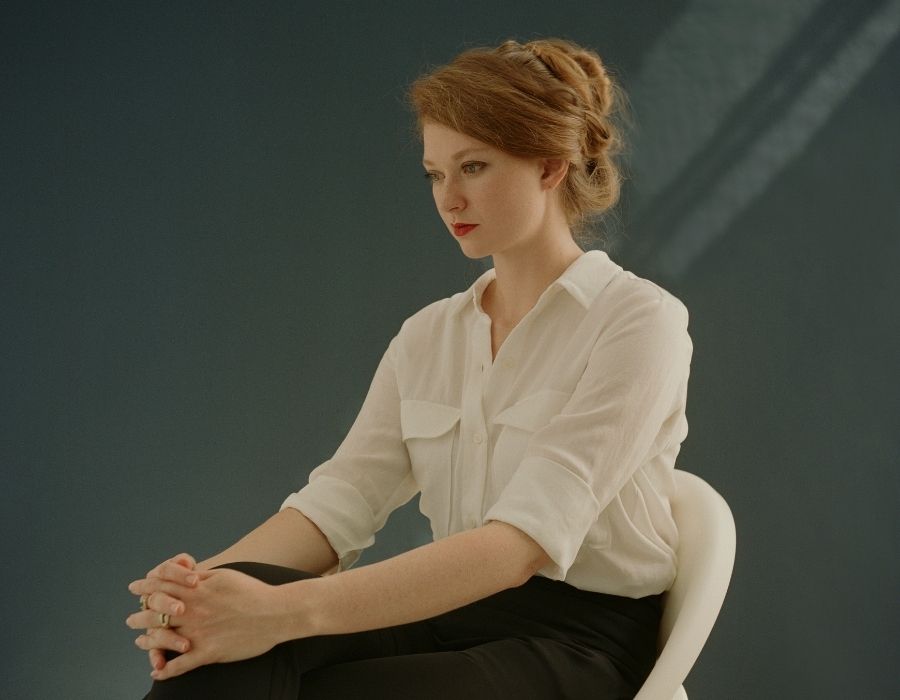
This post contains affiliate links, which means I receive a small commission, at no extra cost to you, if you make a purchase using this link.
No Friend but the Mountains by Behrouz Boochani
Buy The Secret History from Bookshop.org, Book Depository or Waterstones.
I thought that my list was looking very serious, and I adore reading books that make me laugh, and I also adore reading books that are set in or amongst the publishing world. I find reading about authors in fiction can be very hit or miss, and for me, Less was just so hilariously a hit, and such a send-up of so much.
Less by Andrew Sean Greer
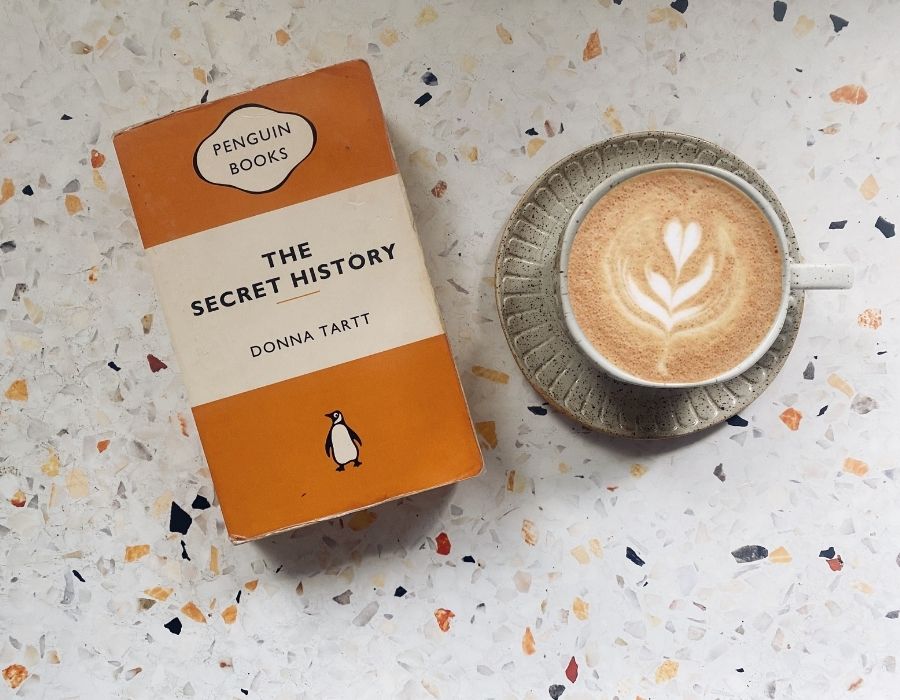
Buy the Harry Potter series from Bookshop.org, Book Depository or Waterstones.
The Picture of Dorian Gray by Oscar Wilde
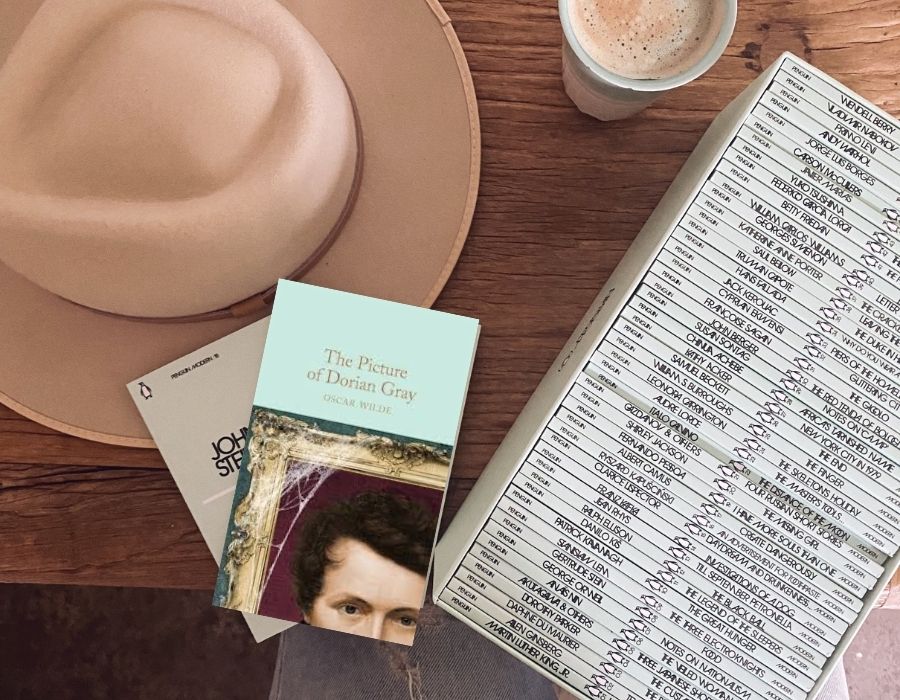
Buy The Picture of Dorian Gray from Bookshop.org, Book Depository or Waterstones.
Love this post? Click here to subscribe. I also talk about this book a lot in Who Gets to Be Smart, it’s just so amazing. The imagery is the thing that sticks with me most; the symbolism, so many layers of academic theory and also mythology and symbols and it just manages to blossom into the most exquisite work of art; and it has come from the most shameful of places. I think what this book does – that I’m particularly grateful for – is that it articulates how Australians are collectively responsible for Manus prison, in a way that history will – or is already – judging us for. It’s literature at its finest.


